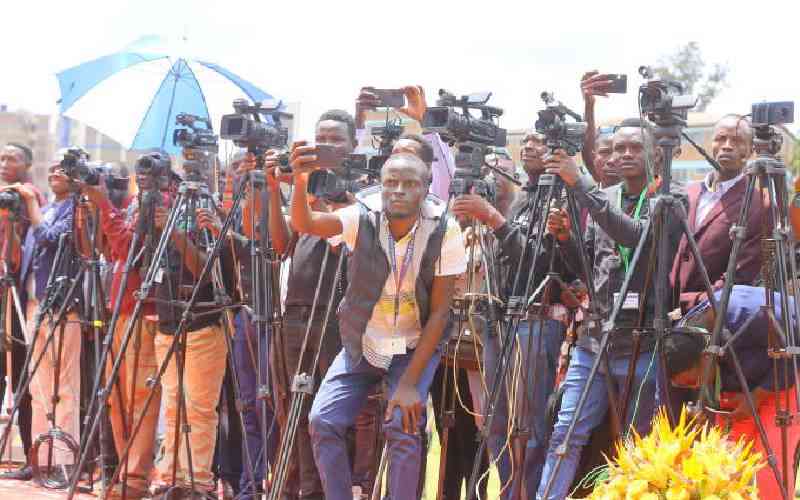×
The Standard e-Paper
Kenya’s Boldest Voice

Indications that the traditional media industry is on its deathbed are all over. In just two months, two reputable organisations; one international and a local one, have put out notices of redundancy.
All are informed by decreased revenues, increased costs and gloomy projections into the future. And as the common phrase puts it 'sisi mashabiki ndio tunaumia', it is the hundreds if not thousands of employees who owe their livelihoods to the industry that bear the greatest brunt.